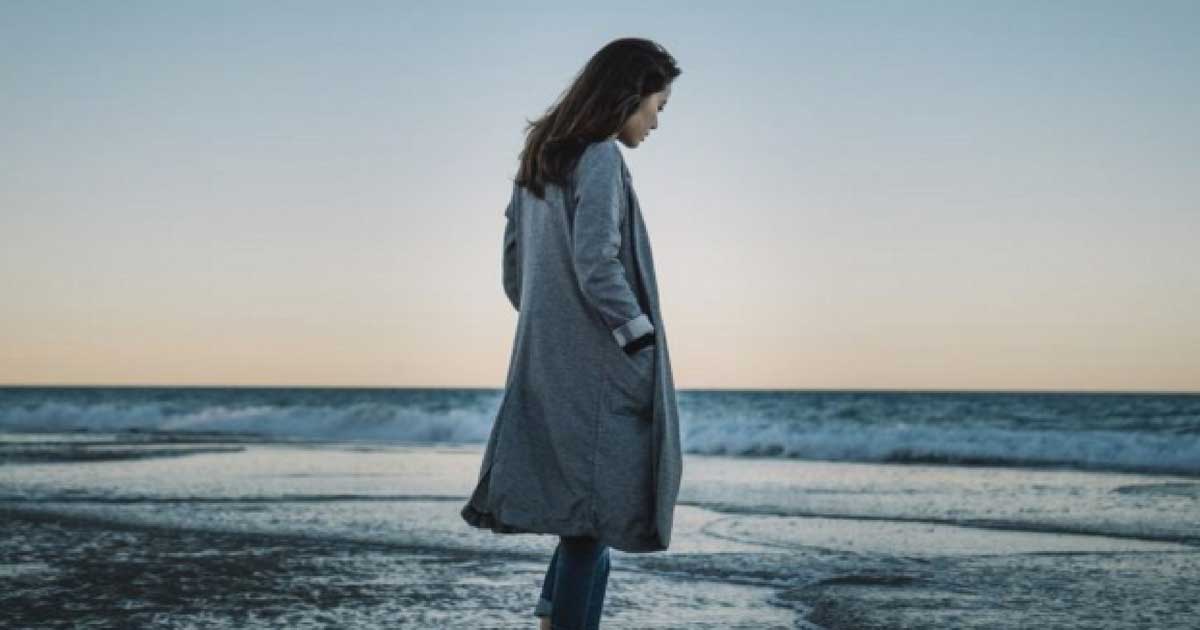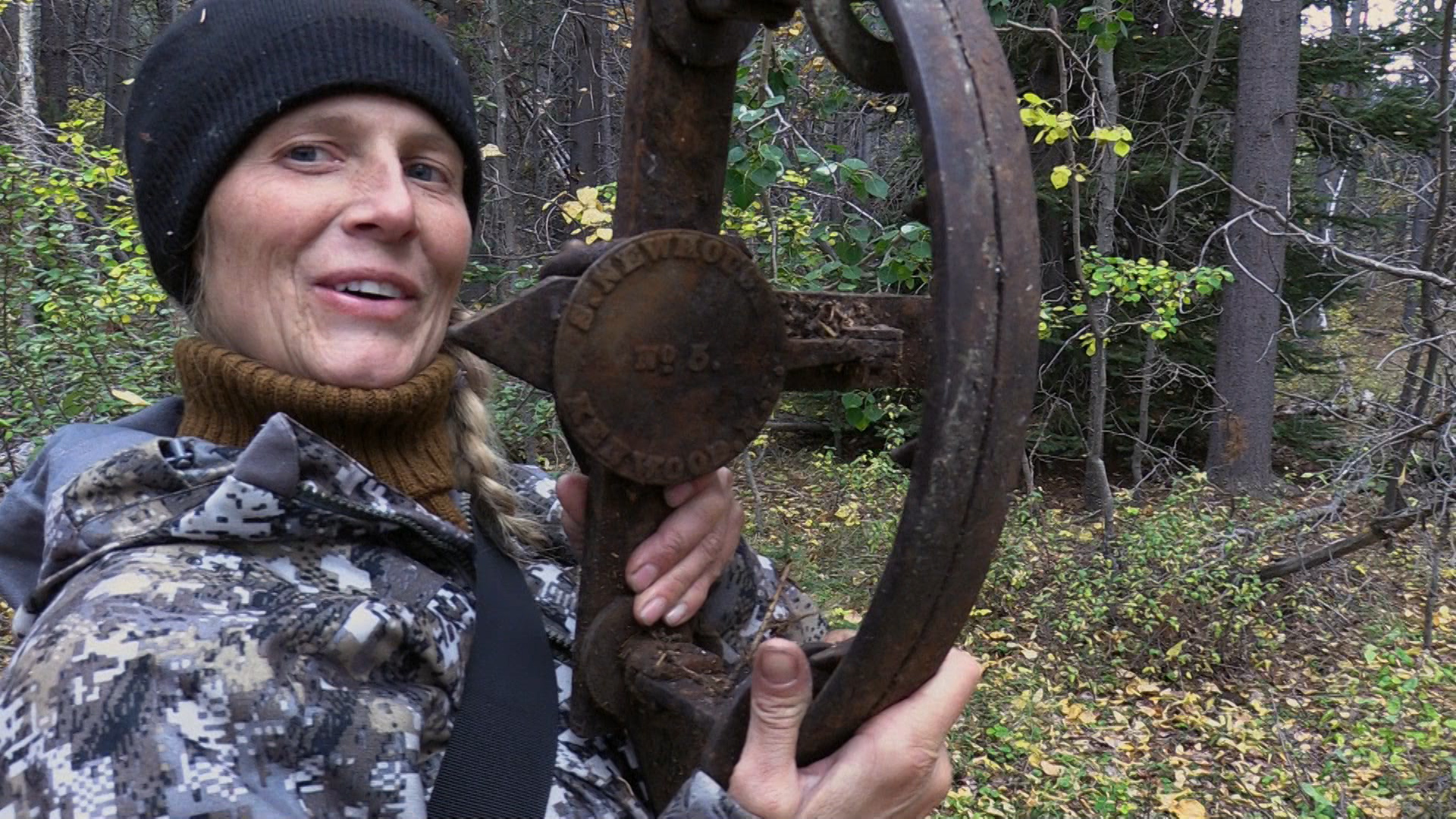

Even the photographs on the wall begin to distort, the images within them juddering, reinforcing Charlie’s inability to maintain a grasp on reality.ĭespite being made independently of one another, there are several commonalities between Alone with You and Frida Kempff’s Knocking, which itself was an adaptation of Johan Theorin’s novel. The walls then seem to shift, the layout of the apartment becomes confused, reflecting Charlie’s own mental state. This is a cinematic visualisation of the saying that a moment can feel like an eternity when you’re apart from the one that you love. It quickly becomes unclear how long Charlie has been trapped in the purgatory state, waiting for her beloved to return home. Like Charlie, the viewer loses all track of time. Both decisions mirror reality, and by focussing on getting these little details working, the viewer then doesn’t mind when Alone with You begins its descent into the madder side of its story.Īt some point, time goes awry, it’s barely perceptible at first, but soon builds. They also ensure that Thea is never properly framed, she’s always just an eye, a mouth or just too close to the camera.


Bennett and Brooks let the Zoom call between mother and daughter be marred by technical issues – mainly due to the mother’s inability to work the technology. The interactions with both are shot in a naturalistic manner it’s so easy for filmmakers to strive so hard for perfection that they iron out kinks that make aspects work, but there’s no such issue here. Madison also has the added bonus of having some gorgeous bi-sexual lighting to work with. Crampton has some cutting catty remarks about Charlie’s work, with Madison stepping back into Bliss mode to convey drunk. David Cronenberg (2022)īoth Crampton and Madison are great in their supporting roles. It takes a lot for an actor to hold a film at the best of times, not least when they are the only person in front of the camera, but Bennett is more than equal to the task. It’s a quiet and intricate performance, one that may draw comparisons to that of Morfydd Clark in Saint Maud for all the right reasons. Bennett’s performance is considered and absorbing, luring the viewer into Charlie’s world and presenting just enough mystique to keep them guessing. The entire story is built around Charlie and Bennett is the perfect vessel for the character. In Alone with You, Bennett commands the film. Charlie’s friend makes several valid points and one can’t help but think that Thea’s advice should have been listened to at a much earlier stage.īennett has a history in acting, although much of her work has either been on short films or in supporting roles.

Thea is against the relationship, Charlie having essentially retreated from her former life and spending every waking moment possible with Simone. These little moments with Charlie’s mother and friends give further insight into the character and her relationship. Interactions with Simone however, are suspiciously absent and lead the viewer to figure out why exactly this is. She spends time catching up with her mother (a cool little cameo role from Barbara Crampton) and friend Thea (played by Bliss star Dora Madison) via video calls. Rather than confine the story purely to Charlie all by herself, the directing team of Emily Bennett and Justin Brooks, introduce a handful of other characters with whom Charlie interacts with via technology. However, here it’s a little more literal. Charlie trapped inside her house mirrors situations that millions found themselves in last year. Given the constraints of the filming conditions, Alone with You having been shot during Los Angeles’ lockdown, the concept presented works well.


 0 kommentar(er)
0 kommentar(er)
